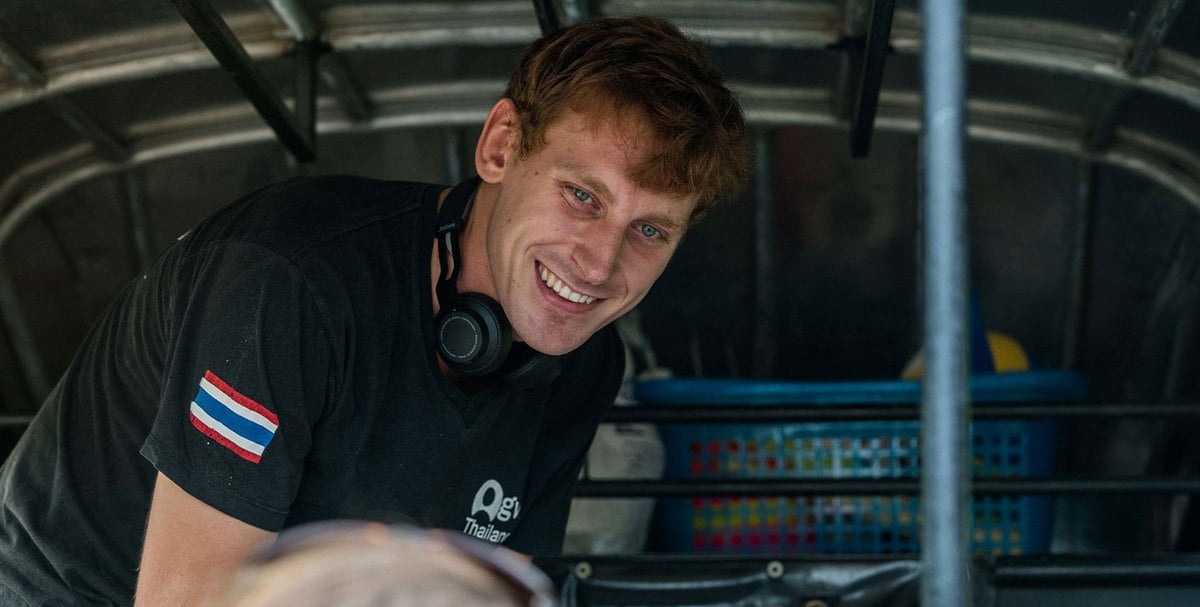A place of greater safety
GVI’s health and safety
Download our Parent Pack
We’re incredibly serious about child protection, health and safety, and care deeply about making learning more engaging.
The saying goes: “Expect the best, plan for the worst”. Cliched or not, we take it to heart. This is at the core of how GVI operates when it comes to promoting the health and safety of our participants, staff, and local community members.
Read more
The weather isn’t just a topic for polite small talk here at GVI. We have emergency action plans in place for all scenarios. So when the weather, or other natural forces, takes a nasty turn, we are prepared to respond to stormy situations.
Read more
It takes courage to book a GVI program, get on a flight, and head off to somewhere new. Our sustainable development programs offer a level of cultural immersion and meaningful impact that typical backpacking or holidays just can’t achieve.
Read more
After matching a participant to a program that suits their passions and goals, we aim to set the right expectations. In the event that false expectations around a program are created, we will always take immediate action to ensure that the situation is rectified.
Read more






